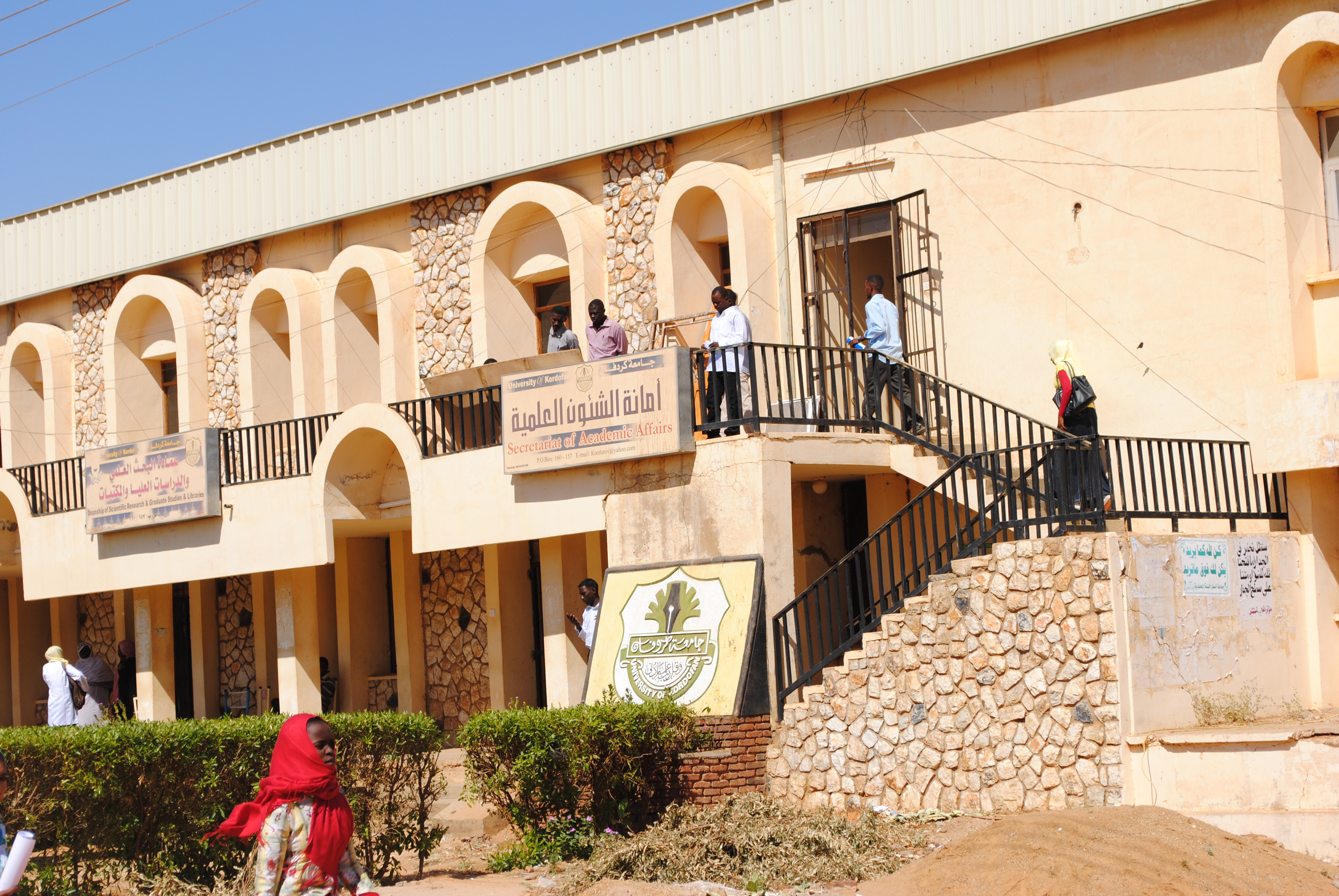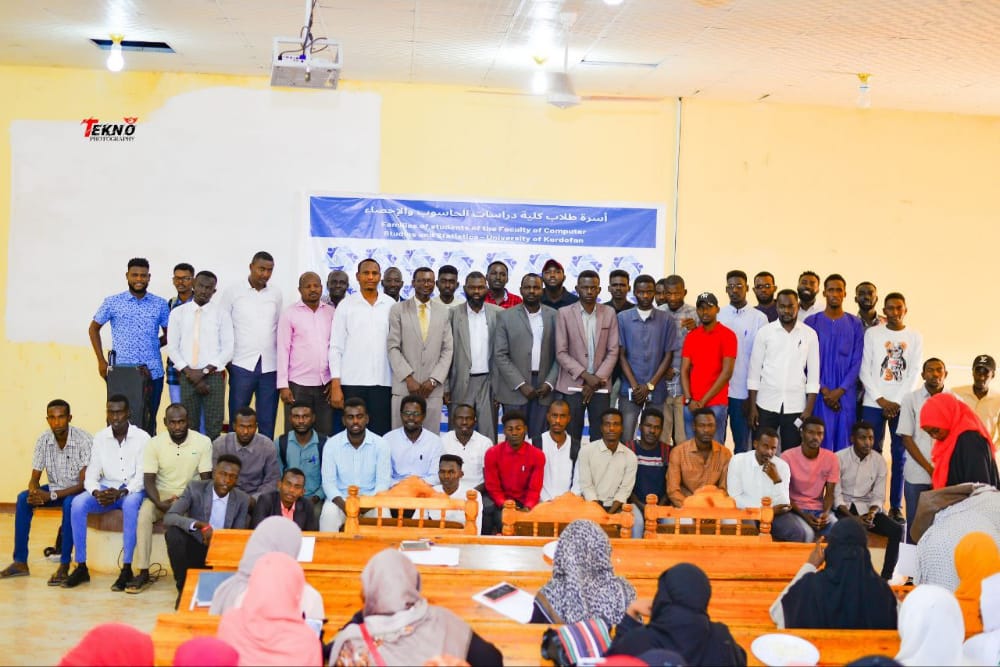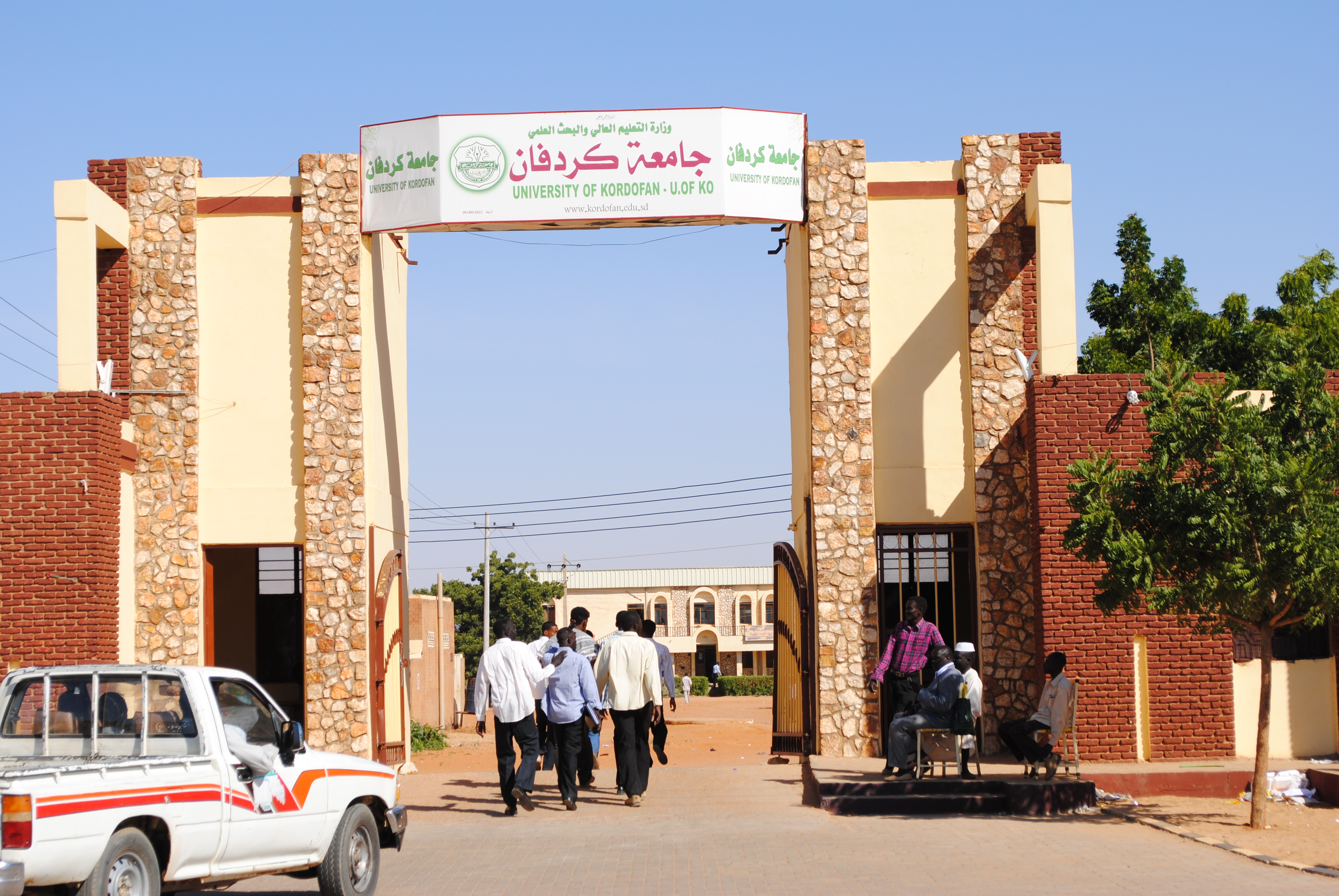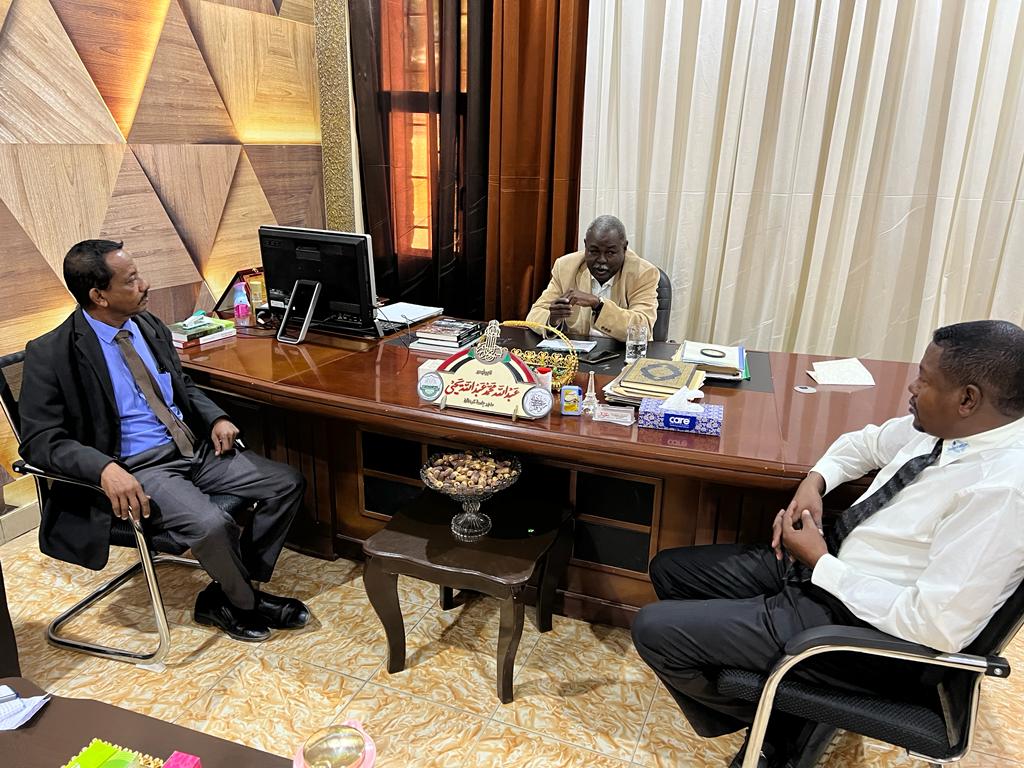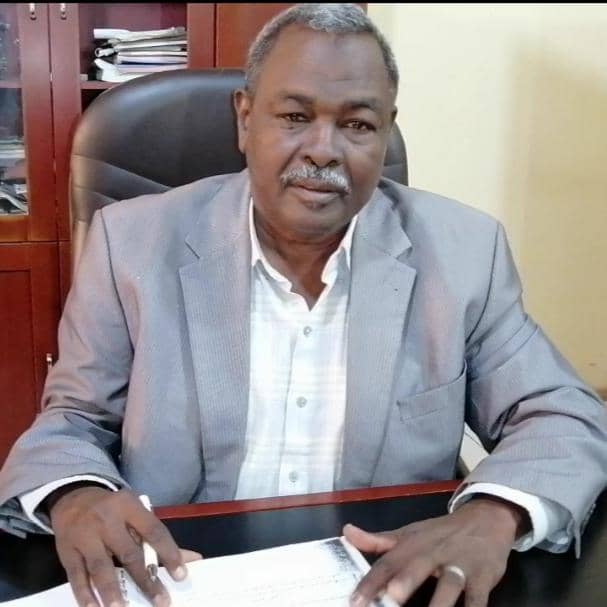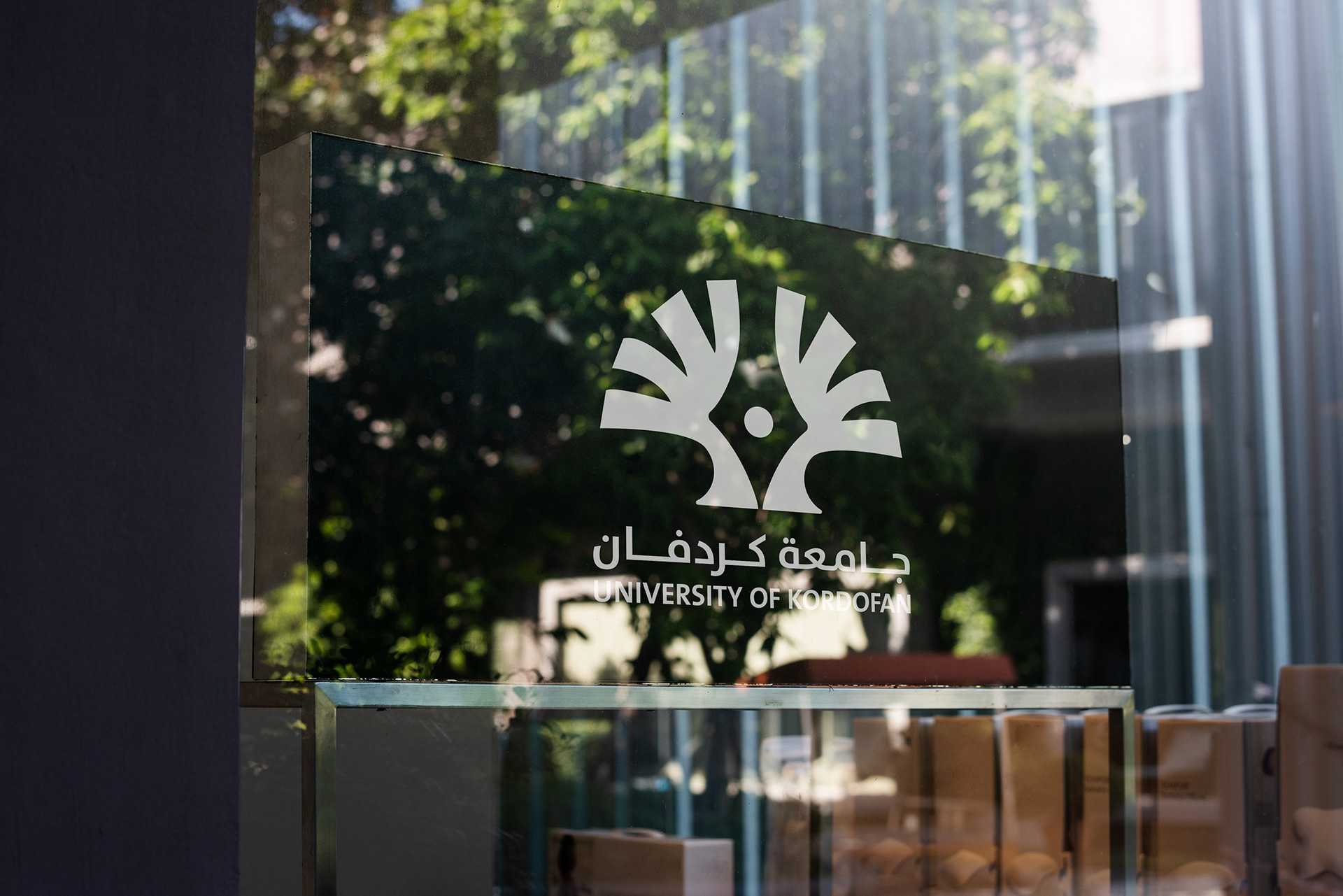إعلانات
أخبار الجامعة
الأحداث
منذ 5 أشهر
( 4090)
شراكة بحثية بين وزارة الثروة الحيوانية والسمكية وجامعة كردفان
عقد البروفيسور أحمد التجاني عبد الرحيم المنصوري وزير الثروة الحيوانية والسمكية لقاء تفاكرياً عبر...
منذ 3 سنوات
( 13228)
تعاون مشترك بين جامعة كردفان وجامعة الأحفاد للبنات للتوعية بمخاطر المخدرات
نظمت جامعة كردفان بالتعاون مع جامعة الأحفاد للبنات اليوم بمباني كلية الطب والعلوم الصحية ندوة علم...
منذ 3 سنوات
( 13530)
توقيع مذكرة تفاهم وشراكة بين كلية المجتمع جامعة كردفان وهيئة الإغاثة الإسلامية عبر ا...
م اليوم التوقيع بين كلية المجتمع جامعة كردفان وهيئة الإغاثة الإسلامية عبر العالم مكت...

